
Zaina Adamu is committed to providing disadvantaged young women, ages 7 to 17, with the tools
they need to excel in the educational system.
In 2018, Zaina was living in Ghana and felt inspired to assist young women but she didn’t know exactly
how to do that.
To understand what was required to assist a developing nation with education, Zaina decided to further her studies at Harvard where she earned her master’s degree in international educational policy.
Zaina now credits the success of GGR as a social enterprise to the courses and knowledge Harvard provided her with.
She is a Harvard alumna who raises money through a GoFundMe page, individual contributions from friends and family in the US, and occasionally directly out of her pocket.
Every two to three months, Ghana Girl Rising organizes a program in which they collaborate with a local
school or another non-governmental organization and engage with a group of young girls. During these
events, GGR speaks to hundreds of students about leadership, communication, and philanthropy.
Mutually, GGR listens to these students’ needs, and Zaina gains a better understanding of the many
difficulties and obstacles that young students face in the education system. Events like these not only
assist GGR in determining which resources will be most beneficial, but they also inspire young female
students to achieve academic success.
I had the opportunity to observe the benefits of this civic engagement directly when I spoke with Jennifer
and Gifty at the Accra Wesley Girls’ High. On May 26th, GGR awarded scholarships to two students who
were at the top of their class: Jennifer Anaba Zanlerigu and Gifty Nuana Ahafia.
These two extraordinarily smart ladies both hope to have prosperous careers as engineers and medical scientists but with high tuition fees, they suffer from the financial burden. Jennifer works as a nanny on the weekends at
a neighbouring clinic, while Gifty lives at a nearby hostel. While this situation is not optimal for students
learning, GGR’s scholarships help with the girls’ tuition and textbook costs.

“We should not limit these young girls into thinking that the only way is to just stay home. Education is
the key out of prison, and that’s what I’m teaching them.” – Zaina Adamu.
During the event at the Accra Wesley Girls’ High, Zaina made sure to remind the students that access to
education is an absolute privilege.
According to a study by UNESCO, there are 16.7 million girls out of school in sub-Saharan Africa, and 9.3 million will never set foot in a classroom. GGR urges students to take their studies seriously and continue their education because many young women would like to be in the seats of Accra Wesley Girls’ High.
In addition, GGR works with policymakers and legislators to write recommendations for government
leaders. In 2020, Zaina pulled information from the IMF, World Bank, and the UN to develop a policy
recommendation that highlighted the staggering rates of child labour amongst Ghanaian girls and the need for more accessible education.
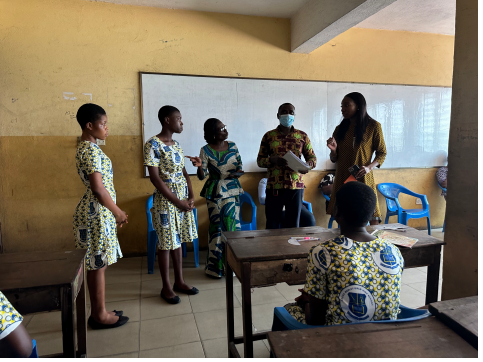
This policy recommendation was later published in the Harvard Kennedy School and is just one of the many ways GGR tries to encourage the government to invest in the education of young girls.
Ghana Girl Rising, is a non-profit, Improving Access to Girl’s Education
Organizations like Ghana Girl Rising are essential to the professional development of these young
students since women are disproportionately harmed by the lack of gender equality in the educational
system.
Without access to education, girls are more vulnerable to increased poverty rates and unfavourable
economic effects. Accessible education is a long battle, but there is hope within grassroots initiatives.
The post Improving access to girl’s education – Myla Angelina writes appeared first on Citinewsroom - Comprehensive News in Ghana.
Read Full Story
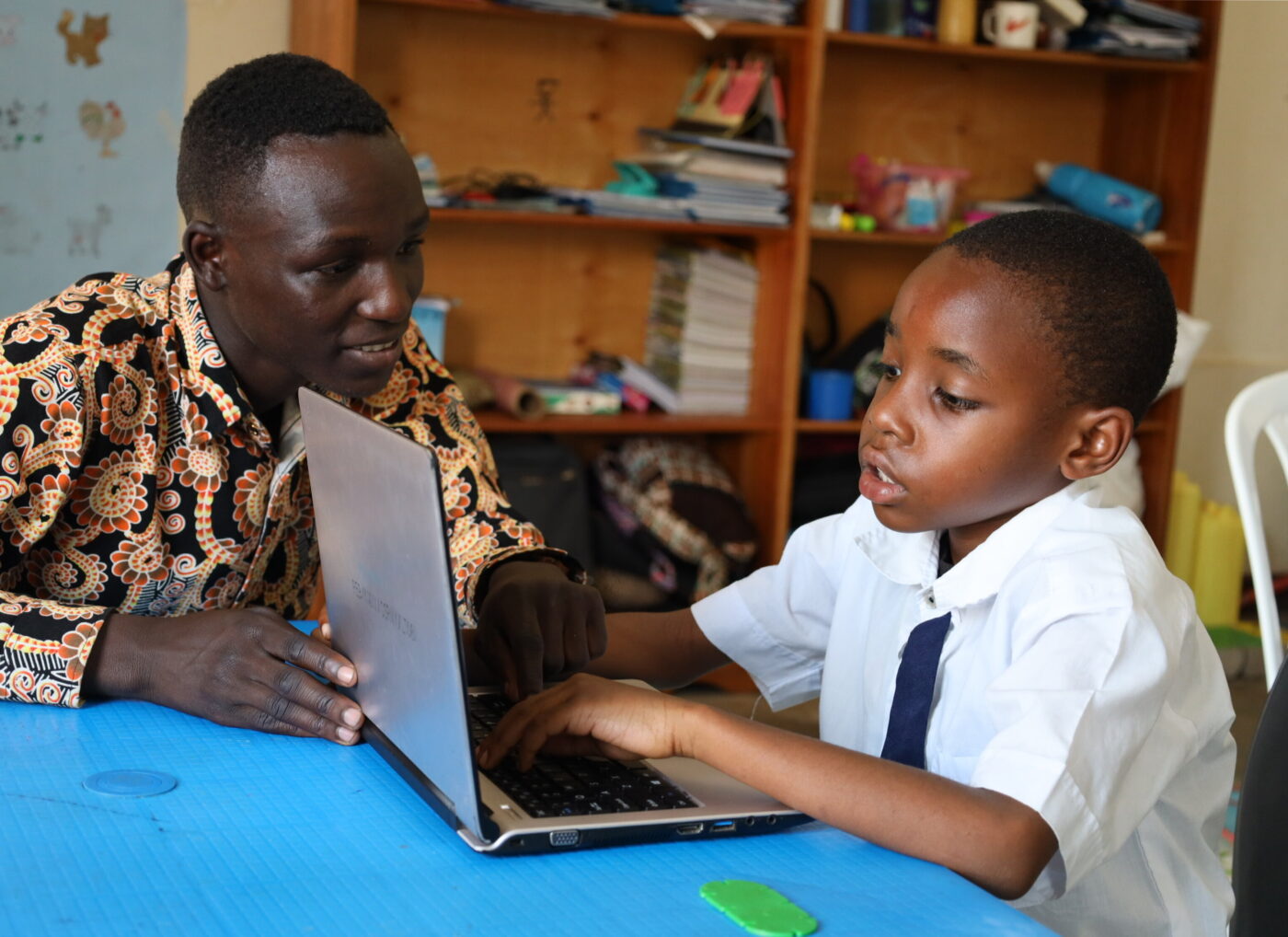
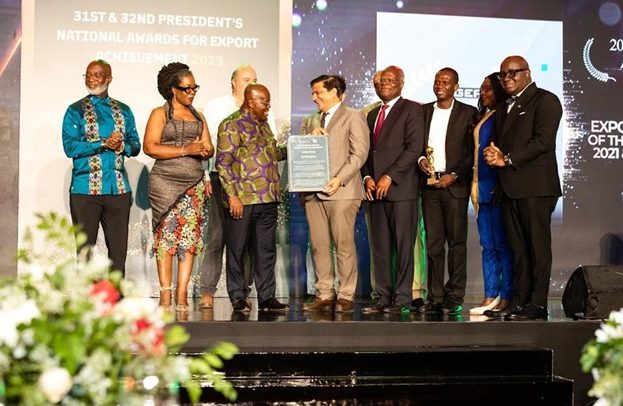
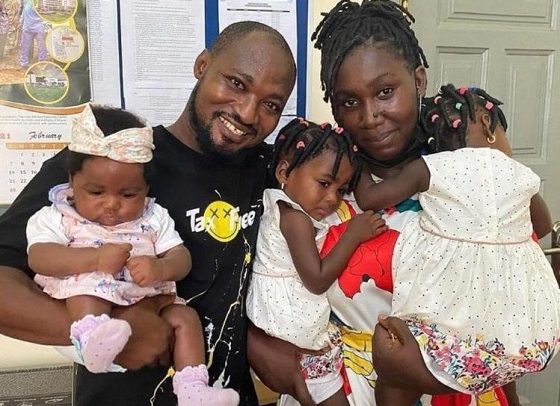

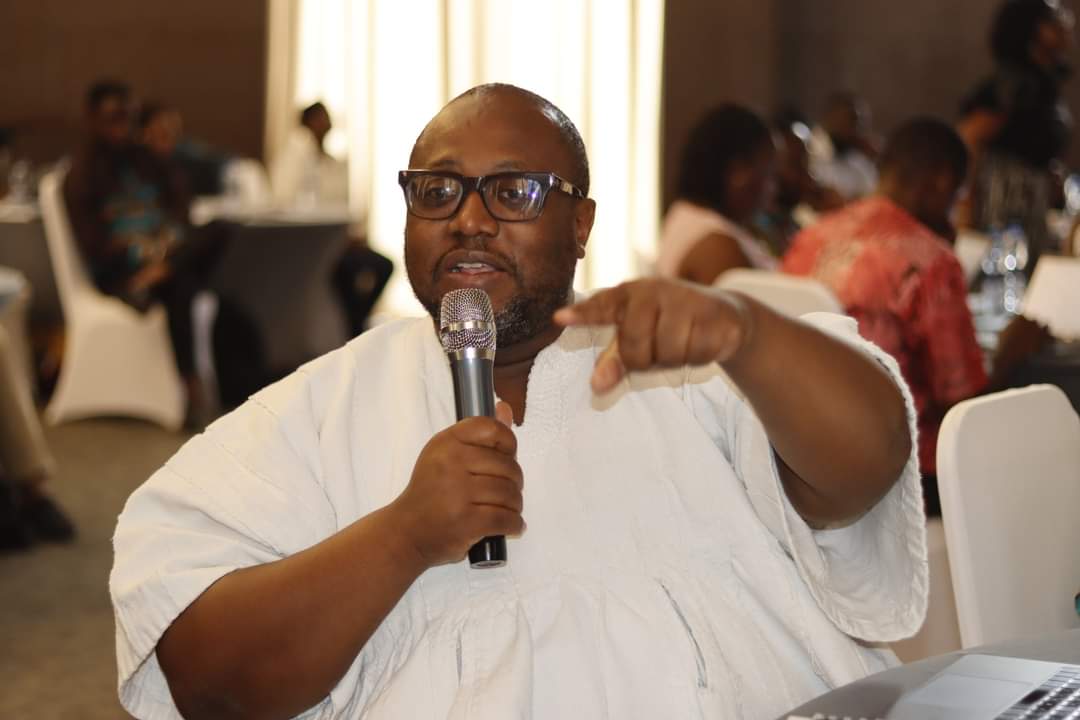











Facebook
Twitter
Pinterest
Instagram
Google+
YouTube
LinkedIn
RSS